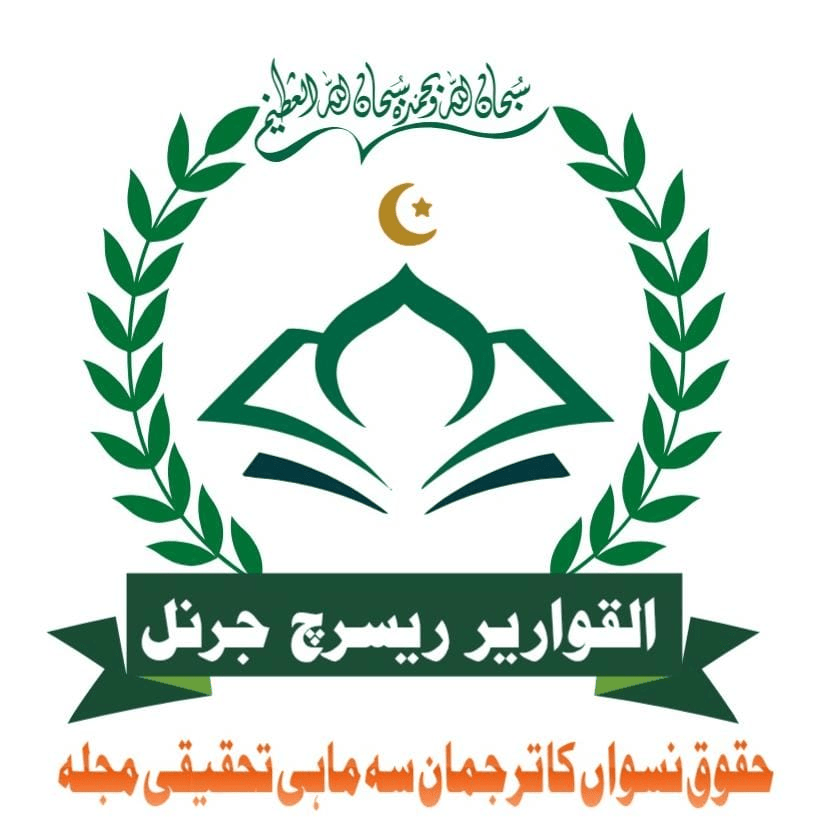عہدِ نبوی ﷺ میں مسلم خواتین کا کردار اور تعلیماتِ رسول اکرم ﷺ کا تجزیاتی مطالعہ
An Analytical Study of the Role of Muslim Women in the Prophetic Era and the Teachings of the Holy Prophet (SAW)
DOI:
https://doi.org/10.1000/8nxw3r27Keywords:
Sharīʿah Rulings, Tattoos, Artificial Beauty, Islamic Jurisprudence, Modern Fashion.Abstract
Modern fashion trends have brought significant changes to human lifestyles, especially influencing women across the globe. Among these trends, the use of tattoos, artificial eyebrows, false eyelashes, and synthetic hair extensions has become increasingly popular. While these practices are widely accepted in contemporary societies, Islamic Sharīʿah presents a principled framework that governs bodily modifications. This research paper critically examines the permissibility of such trends through the lens of Islamic jurisprudence, drawing upon the Qurʾān, authentic Aḥādīth, and scholarly consensus (ijmāʿ). The study identifies those bodily modifications for the sake of fashion, without valid medical or dire necessity, are considered impermissible (ḥarām) in Sharīʿah. Tattoos, in particular, are explicitly condemned in the sayings of the Prophet Muhammad ﷺ, where both the one who tattoos and the one who is tattooed are cursed. Similarly, altering the natural shape of eyebrows or using artificial eyelashes falls under the category of tampering with Allah’s creation (taghyīr khalq Allāh), which is also prohibited. Hair extensions made of human or synthetic hair are also forbidden due to textual evidence unless used under strict medical conditions. The paper also explores the underlying sociocultural influences, such as Western media and social networks, that contribute to the normalization of such trends in Muslim societies. It concludes with recommendations for religious scholars, educators, and media platforms to promote Islamic values and raise awareness regarding these modern practices, emphasizing the importance of natural beauty and obedience to divine guidelines.
Downloads
Downloads
Published
Issue
Section
License

This work is licensed under a Creative Commons Attribution-NonCommercial-NoDerivatives 4.0 International License.




